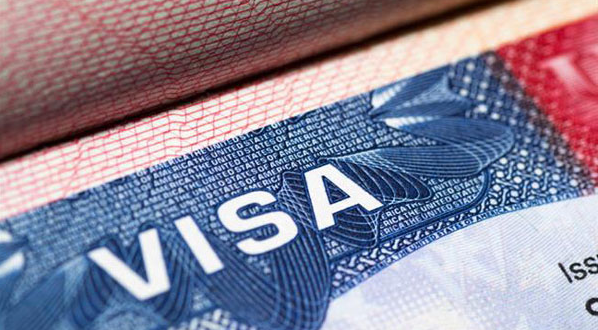The United States Customs and Border Protection (CBP) has issued a stark reminder to lawful permanent residents, commonly known as Green Card holders, that their status is contingent upon adherence to US laws and regulations. The agency emphasized that a Green Card represents a privilege, not an inherent right, and can be revoked if the holder has a criminal history. This notice serves as a significant clarification of CBP policy, highlighting the agency’s commitment to enforcing immigration laws and safeguarding national security. The CBP’s declaration underscores the precarious position of Green Card holders with past criminal convictions, who may face not only the revocation of their residency but also detention and eventual deportation. This development has significant implications for individuals who may have assumed their permanent resident status provided an unassailable position, regardless of past transgressions.
The CBP’s message directly addresses Green Card holders, cautioning them against the misconception that their status offers blanket protection against the consequences of criminal activity. The agency’s statement that “having a criminal history does not make you an upstanding lawful permanent resident” serves as a clear warning that past offenses can and will be considered in determining an individual’s suitability to remain in the United States. This emphasis on “upstanding” implies a higher standard of conduct expected from Green Card holders, suggesting that even minor infractions could potentially jeopardize their status. This reinforces the notion that maintaining a Green Card requires not just legal compliance but also a demonstrable commitment to the principles and values of American society.
The CBP explicitly states its authority to revoke Green Cards from individuals who have violated US laws. This assertion highlights the agency’s role in upholding immigration law and ensuring that those granted permanent residency maintain the required standards of conduct. The potential ramifications of criminal activity for Green Card holders are substantial, potentially leading to the loss of their hard-won immigration status and the disruption of their lives and families. This serves as a powerful deterrent against criminal behavior and reinforces the importance of lawful conduct for all residents, regardless of their immigration status.
The agency’s announcement further details the potential consequences for Green Card holders with criminal records who attempt to enter the United States. Such individuals may be subjected to mandatory detention, a process that can involve significant periods of confinement while their cases are reviewed. This provision reflects the CBP’s focus on border security and its commitment to preventing individuals with criminal histories from entering the country. Mandatory detention serves as a powerful enforcement mechanism, ensuring that individuals deemed a potential risk are not released into the community while their immigration status is determined.
The CBP’s statement reinforces the understanding that a Green Card, while granting significant privileges, does not offer absolute immunity from the consequences of criminal actions. It underscores the ongoing responsibility of Green Card holders to abide by the laws of the United States and maintain a clean criminal record. This message is particularly crucial in the current climate of heightened scrutiny regarding immigration and border security. The CBP’s explicit warning serves as a timely reminder to Green Card holders of the precarious nature of their status and the importance of adhering to the law to avoid potentially severe repercussions.
In conclusion, the CBP’s announcement serves as a significant clarification of the agency’s stance on Green Card holders with criminal histories. It emphasizes the privilege associated with holding a Green Card and the potential consequences of criminal activity, including revocation of residency and mandatory detention. This public declaration reinforces the CBP’s commitment to enforcing immigration laws and protecting national security, while also serving as a stark reminder to Green Card holders of their ongoing responsibility to maintain a clean criminal record and adhere to the laws of the United States. This heightened scrutiny underlines the importance of legal compliance and underscores the potential vulnerability of even lawful permanent residents in the face of past criminal convictions.














